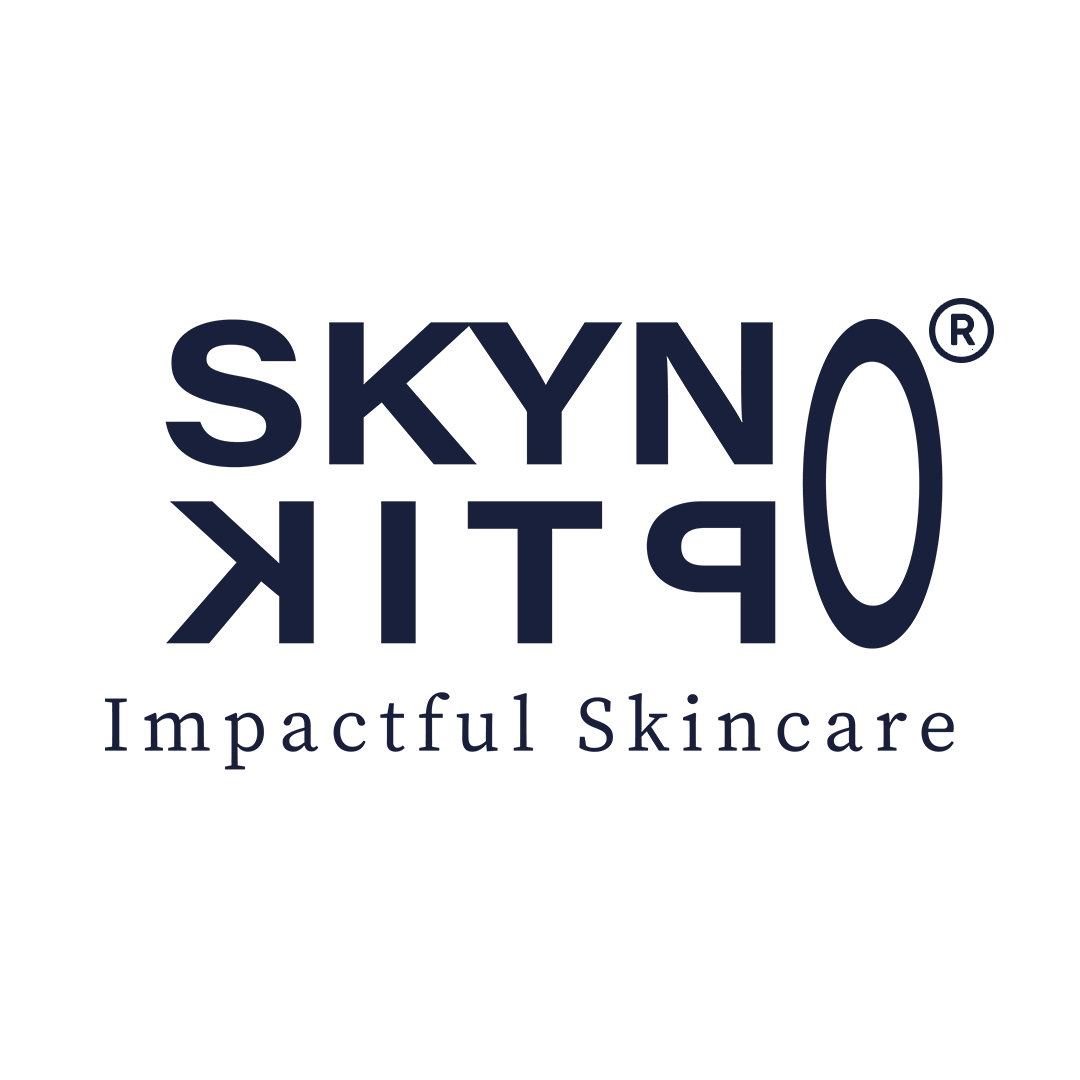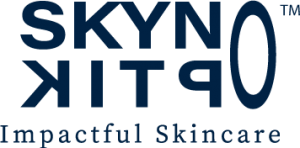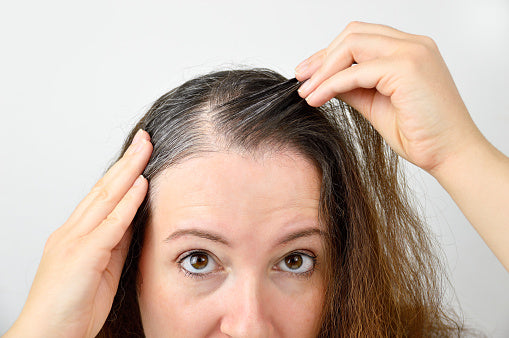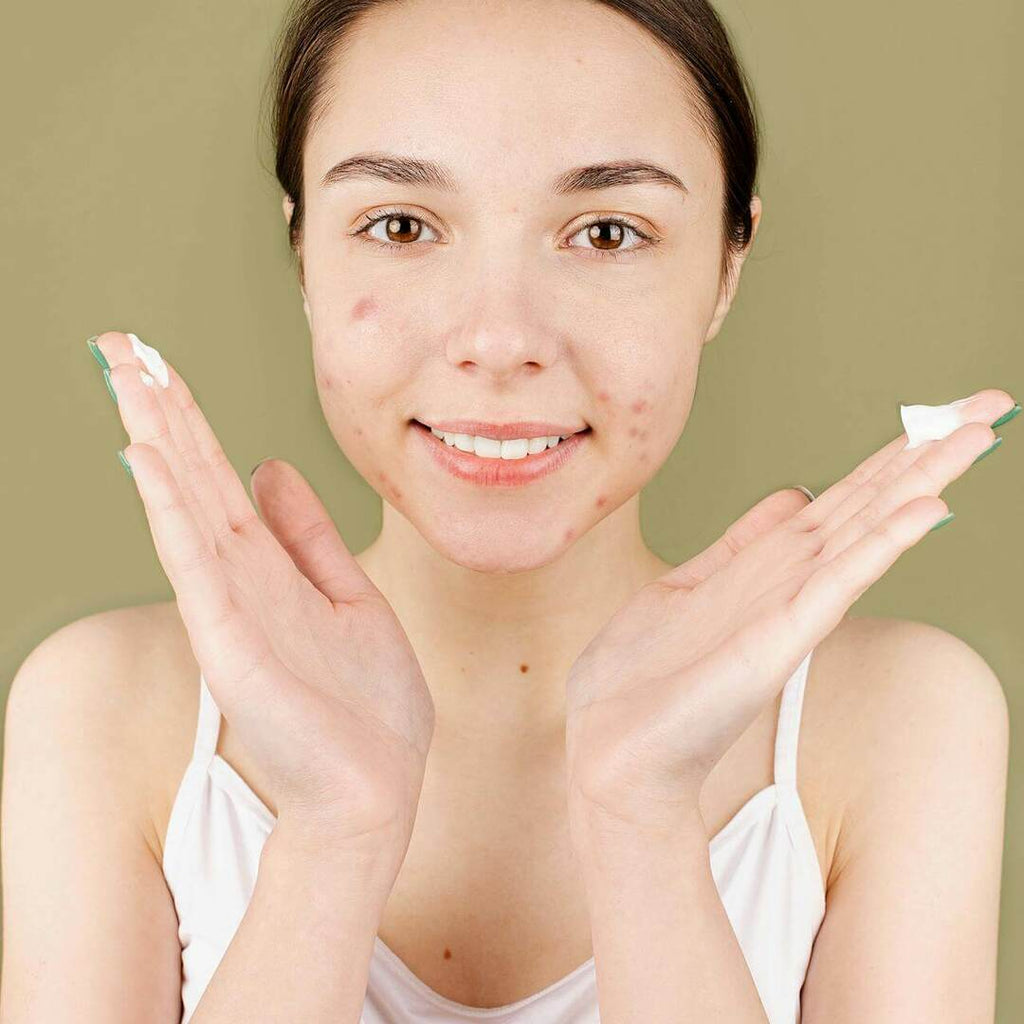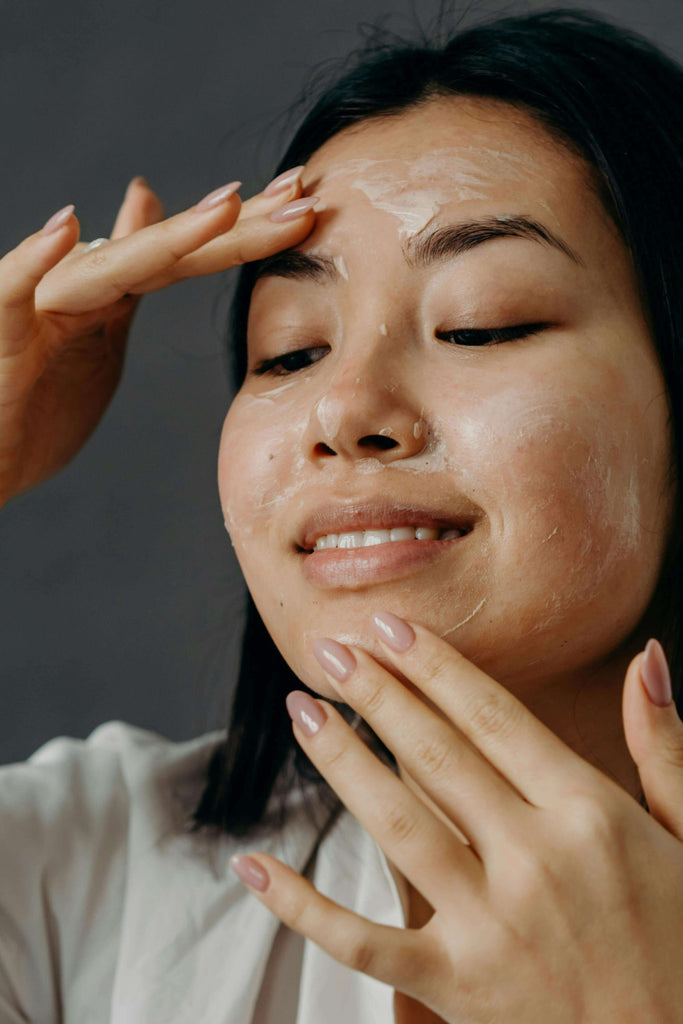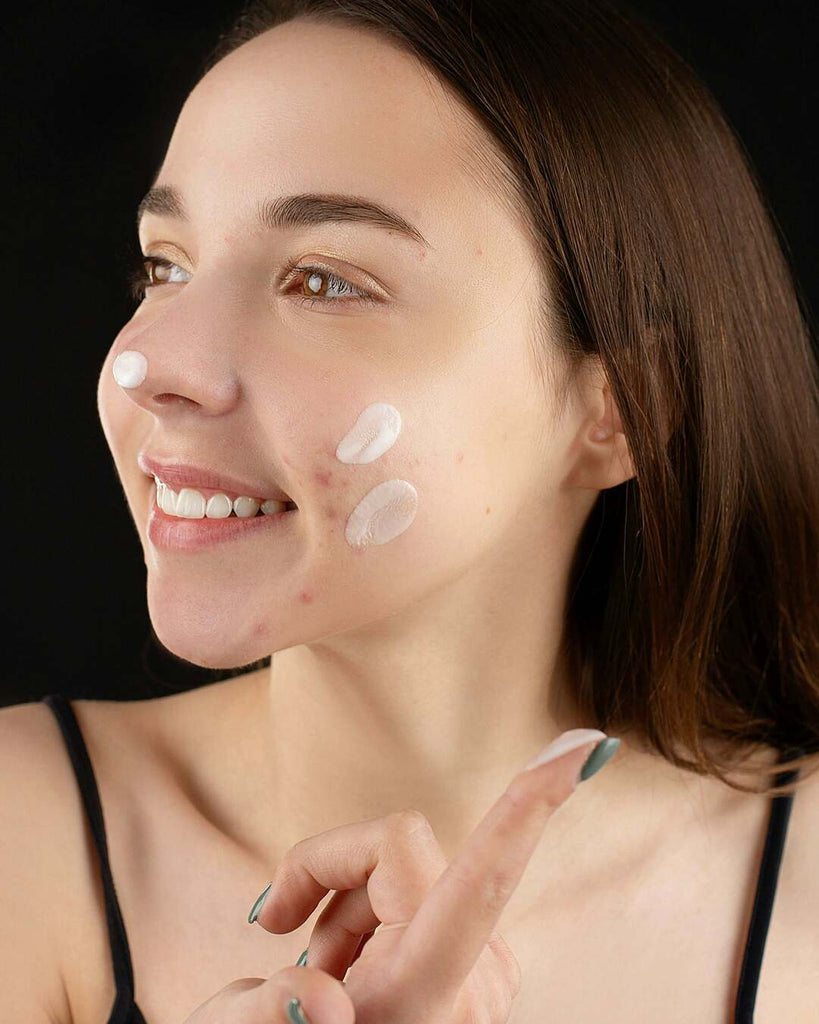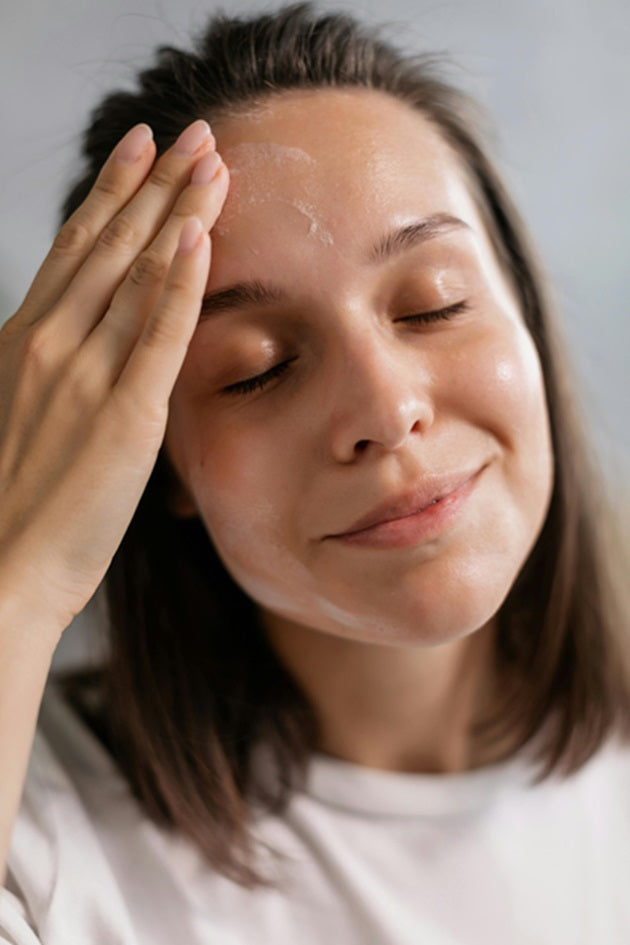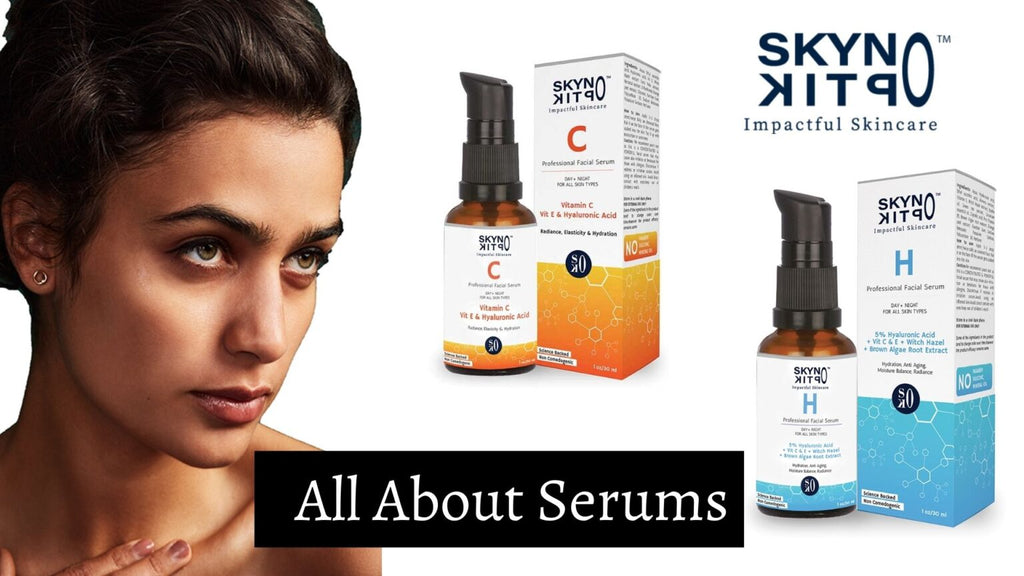
All About Serums | Everything You Need To Know About Serums

All About Serums | Everything You Need To Know About Serums
When it comes to skincare, we’re all familiar with the basics: washing, moisturising, and sun protection. Serum, on the other hand, is the way to get the most out of your routine for a flawless skin.It should be the most important routine in your skincare regimen.
Serums are topical solutions with a thin viscosity that contain concentrated concentrations of high effective active substances that work to reverse ageing, moisturise, brighten, exfoliate, battle acne, and restore and regenerate your skin. Serums ensure that large amounts of active molecules penetrate the skin’s surface for maximum efficiency. Additionally, because of the larger concentration, outcomes are usually observed in a shorter period of time.
A case study
A face serum was created using substances linked to a reduction in the appearance of fine lines and wrinkles as well as an increase in skin firmness. 34 female volunteers with early to advanced photodamaged skin (Fitzpatrick classification I–IV) were chosen. They were told to gently cleanse before applying the serum and apply a moisturiser thereafter. Wrinkling, pigmentary changes, roughness, laxity, and photodamaged skin all showed significant improvements as early as Week 4.
When it comes to serums, certain formulae are generically useful, while others are designed to address specific skin issues. Not all serums are created equal.
How To Choose The Best Serum For You?
1. Based on Skin Types
A) Dry skin
You can either be prone to dry skin or experience it seasonally. Also, as we become older, our skin loses its ability to suck in and hold moisture. A hydrating serum that penetrates and works with the dermis would be perfect to use alongside moisturising products like creams and oils.
The following are the top ingredients for mega-moisture and hydration:
Hyaluronic Acid is a water-binding substance that can hold 1,000 times its weight in moisture.
It attracts moisture and transports it to the skin’s outer layers, making it look dewier and plumping fine lines and wrinkles away.
Glycerin a lightweight hydrator works similarly to hyaluronic acid that replicates the skin’s natural moisturising component, which maintains moisture levels and protects against extreme dryness by collecting water from the air and keeping it in your skin.
Panthenol A humectant moisturises the skin while also strengthening and sealing its protective barrier, which helps to prevent water loss.
Niacinamide or vitamin B3 is an anti inflammatory component that can help protect sensitive, dry, and damaged skin from irritation and redness.
Botanical water/oil- Plant based oils and extracts that are rich in hydrating and soothing ingredients, as well as toning and harmonising the skin. They are frequently used as toners, applied in many layers to boost moisture beneath the skin, giving the face a dewy, “glass-like” appearance.

B) Oily Skin
When your skin’s sebaceous glands create too much sebum, a waxy material that protects and moisturises your skin, you have oily skin. It can also can block pores and cause acne. Oily skin is frequently in need of deep hydration to help regulate the production of natural oils. Therefore, search for hydrating ingredients and exfoliators (better than pimple creams to manage acne).
Here’s a rundown of the most frequent oily skin serum ingredients:
Hyaluronic Acid When your skin is dry, it might overcompensate by creating too much oil. .
Hyaluronic acid provides powerful, lightweight moisture that can help restore the equilibrium of your skin without leaving it greasy. It also aids in the prevention of indications of ageing.
Glycerin is a mild plant-based chemical that toning and hydrates the skin helping with skin suppleness and smoothness.
Salicylic acid/Lactic acid are exfoliators that clean the pores from the inside out aiding in the treatment of oily acne-prone skin and the reduction of excess oil.
Vitamin C is a potent antioxidant, anti-inflammatory, and healing agent that can aid in the treatment of underlying issues that cause oiliness and acne.
Niacinamide is an anti-inflammatory substance, is great for acne prone skin because it helps to reduce redness and inflammation. Niacinamide serum helps to control sebum production, which can go into overdrive as dry skin tries to replenish itself in any way it can.
C) Dark spots, dullness and acne
Acne, UV damage, and hyperpigmentation (common side effects of hormonal changes) cause blemishes and dark spots. Using a serum that targets these dark spots on the skin can help speed up the healing process and remove discoloured skin.
Vitamin C is a potent antioxidant that neutralises some of the sun’s harmful free radicals, lightening the skin from within by promoting cell turnover. VitC serums are wonderful as brightening and anti pigmentation solutions.
Retinol penetrates deep into your skin, where it neutralises free radicals, increases elastin and collagen formation, which lowers the appearance of fine lines, wrinkles, sun spots and other symptoms of sun damage. If you’re using retinol, ALWAYS wear sunscreen.
AHAs/BHAs like Lactic acid, glycolic acid, salicylic acid etc are exfoliating ingredients that aid in the regeneration of skin cell turnover and the removal of the top layer.
D) Fine lines and wrinkles
Combating fine lines and wrinkles requires an increase collagen production and
Rejuvenation of your skin cells. Combining these two strategies creates an anti-aging power duo.
Peptides make up proteins like collagen, elastin, and keratin, which are short chains of amino acids.
which help your skin tighten and plump up by raising collagen and elastin levels.
Retinol penetrates deep inside your skin and increases the production of collagen and elastic by neutralising free radicals which decreases the appearance of fine lines and wrinkles.
Many of these serums like retinol serums are designed to be taken at night, as you may have noticed.
It works wonders to allow the regeneration procedure to complete without being exposed to the sun! But if you to use it during the day, wear sunscreen on top.
2. Based on Purpose

The most common types of serums include:
1. HYDRATING SERUMS
Purpose: Provide an additional layer of deep moisture
Ingredients to look out for: Hyaluronic acid, glycerin, aloe vera, and snail mucin are the main ones. Argan oil, glycerin, hyaluronic acid, aloe vera, rosehip oil, ceramide, rosewater, sea kelp, jojoba, and vitamin E are some others.
Recommended for: All skin types.
Mode of Action: These face serums, say hyaluronic acid serum, contain humectants that attract water after penetrating deep into your pores giving an extra layer of hydration.After applying your serum, apply your moisturiser to help seal in the beneficial elements.
2. ANTI OXIDANT SERUM
Purpose: Reverses and repairs damage caused by the sun (UV radiation), toxins, and pollution.
Ingredients to look out for: Vitamin C (L-ascorbic acid and its derivatives) niacinamide, retinoids, vitamin E, ferulic acid, coenzyme Q10, and green tea are all key constituents.
Recommended for: All skin types. (If you’re sensitive or acne-prone, use caution with L-ascorbic acid.)
Mode of Action: UV radiations and pollutants cause free radicals in our skin that damage our cells through an oxidation process.These free radicals are neutralized by antioxidant compounds, which prevent them from causing harm.
3.BRIGHTENING SERUMS
Purpose: Improve radiance, balance out skin tone, and fade dark spots, acne scars, and hyperpigmentation. Removing dead, pigmented cells help our skin have a natural, luminous glow.
Ingredients to look out for: Vitamin C, niacinamide, kojic acid, alpha arbutin, tranexamic acid, and hydroxy-acids are the main constituents.Green tea, licorice root, and grapefruit extracts, as well as antioxidants like vitamin E and C, may be included in these serums.
Mode of Action: Brightening serums work by smoothing your skin, removing any age or sunspots, evening skin tone, and reducing hyperpigmentation.
4. RESURFACING SERUMS
Purpose: Exfoliating treatments that remove dead skin cells and smooth the skin’s surface. Like salicylic acid gels, serums are frequently excellent for sensitive skin because they are milder than most acid toners.
Ingredients to look out for:Lactic acid, glycolic acid, salicylic acid, enzymes from plant or fruit extracts, and citric acid are all key constituents in exfoliating face serums.
Recommended for: All skin types. (However, sensitive individuals should stick to lactic acid.)
Mode of action:As we age, our skin becomes less efficient at removing dead skin cells and producing collagen and elastin. Dead skin cells build up on the surface of the skin, resulting in dull, dry, and cracked skin. Exfoliating serums are absorbed effectively where they cleanse pores and help to avoid outbreaks.
5. CLARIFYING SERUMS
Purpose: Tighten the skin, unclog pores, absorb excess oil, and minimise any redness or irritation and help with acne and blemish-prone skin.
Ingredients to look out for: Salicylic acid, willow bark extract, zinc, and niacinamide are the main constituents. Salicylic acid, alpha-hydroxy acid (AHA), beta-hydroxy acid (BHA), glycolic acid, citric acid, zinc, and botanical extracts including tea tree, thyme, cucumber, and green tea are all effective substances.
Recommended for: Breakouts, oily skin, blocked pores.
Mode of action: They penetrate beyond the skin’s surface to deep-clean pores and regulate oil production, and allow a smooth skin texture.
6. PORE-MINIMIZING SERUMS

Purpose: Minimise the appearance of big pores and smooth, even texture.
Key ingredients to look out for: Niacinamide, salicylic acid, mushroom extract.
Recommended for: Pores that are large, clogged, or have an “orange peel” texture.
Mode of action: These serums contain chemicals that exfoliate inside the pores, release clogs, and reduce sebum output because they’ve grown congested and stretched out aiding in the removal of hardened, under-the-skin lumps as well as the smoothing of “orange peel” skin texture.
7. ANTI AGING SERUMS
Anti-aging creams and anti-wrinkle creams do have their purpose but with the best anti-aging serums you get the added benefit of deeper more long-lasting change rather than surface level and rather short-lived change.
Purpose: Treat fine lines, wrinkles, elasticity loss, and firmness loss. They also aid with dullness, dark spots, and pigmentation issues at the same time.
Ingredients to look out for: Retinoids, peptides, bakuchiol, vitamin C, and hydroxy acids are the main components. fruit stem cells, evening primrose, grape seed extract, Vitamin C, peptides, growth factors, and Alpha Hydroxy Acids, which are all common anti-aging compounds (AHAs).
Recommended for: Fine lines, wrinkles, and a loss of firmness, as well as all other indications of aging. Finish with sunscreen when used in the mornings.
Mode of Action: Retinol (a Vitamin A derivative) is a widely utilised and well-known substance for its potent anti-aging properties. It aids in cell turnover, collagen, and elastic formation, collagen loss prevention, firming, and skin hydration or plumping. and it will boost your body’s natural repair functions.
8. CALMING SERUMS
Purpose: Calm sensitive skin, reduce redness and irritation, and strengthen a damaged skin barrier, making it more resilient.
Ingredients to look out for: Niacinamide, ceramides, Centella Asiatica extract, and propolis are the main ingredients.
Recommended for: Sensitive skin and redness.
Mode of Action: Ingredients that reduce inflammation, replenish the moisture level of the stratum corneum, and seal the fissures between skin cells help to achieve this.
Conclusion
The active ingredients, the formulation, the vehicle, and the compound’s stability all have a role in how well the serums perform for you. In many skincare brands, serums are often the most expensive item because of the higher cost of active substances. The contents in the serum are more significant than the price, therefore reading labels to find the ideal
A 1-ounce vial of serum, however, should last months if used properly as those few concentrated drops are super-efficient in being absorbed into your skin fast and deeply.
They moisturise, brighten, exfoliate, combat acne, and heal and revitalise your skin, as well as reverse ageing.
